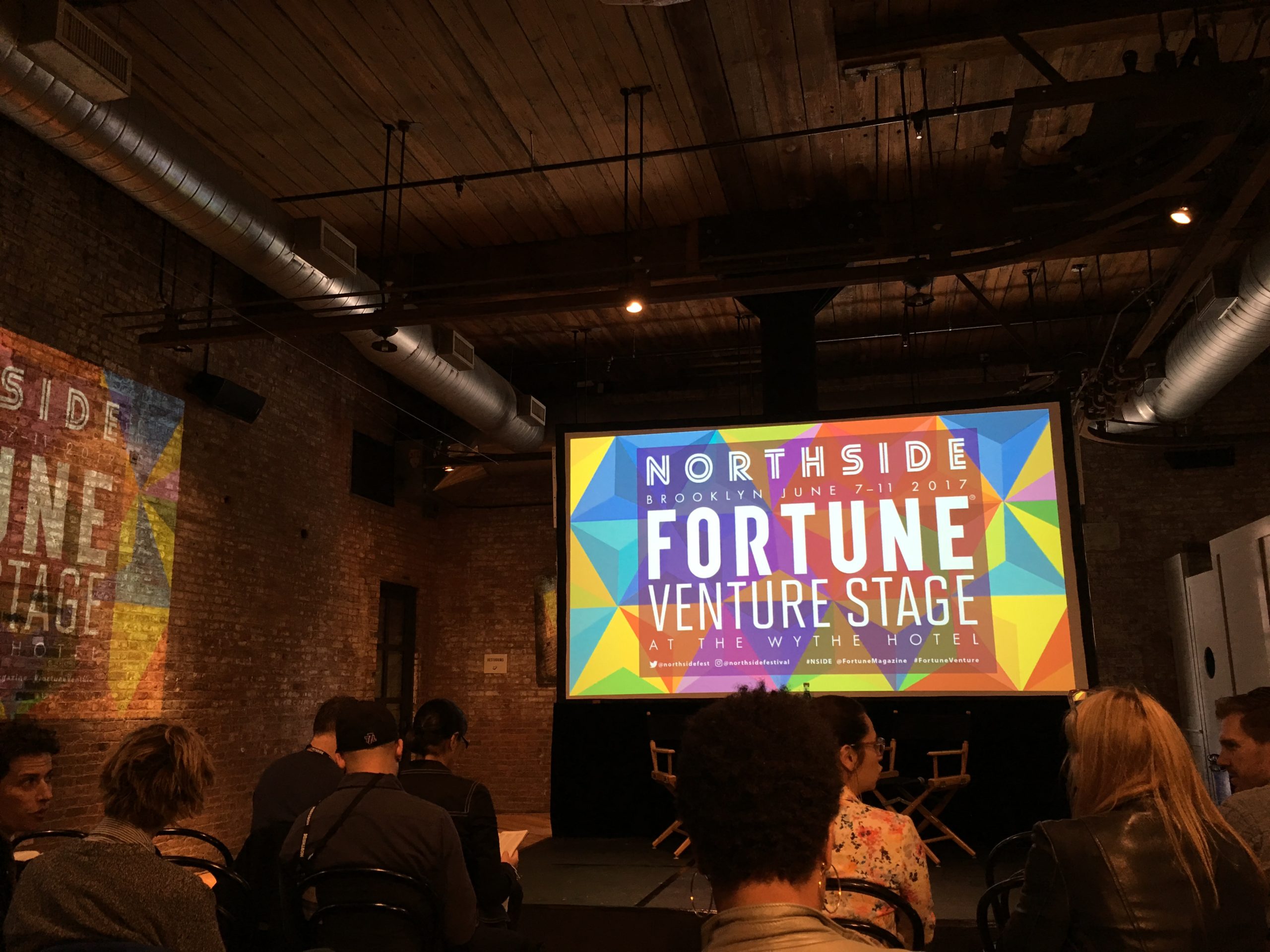There are countless organisations out there putting on events for the startup, entrepreneur, technology, and investment community, but — while it may be less well known than many others — in my experience Startup Grind is fast becoming one of the best at attracting the biggest names with the most interesting things to say.
Last night, I was lucky enough to attend a fireside chat between TechCrunch’s Steve O’Hear and LocalGlobe’s Robin Klein, hosted by Startup Grind Europe at WeWork’s London Moorgate campus. The conversation was genuinely insightful — as you might expect when you put a hugely experienced journalist with his own personal experiences of the startup and investment treadmill on stage with a man described as the ‘godfather’ of UK venture capital.
(Incidentally, based on what many of Klein’s VC peers apparently told O’Hear as he was preparing for the interview — “nice” was a recurring theme — I can only assume that the ‘godfather’ label is a result of his paternal, pioneering role in building funds, particularly in the seed space, rather than any mafioso tendencies.)
In among the biographical anecdotes and advice for founders on the funding path — which, mercifully, did actually expand on and deviate from some of the more generic platitudes that even the most impressive investor can tend to lapse into in this sort of situation — the real gem of the evening (and perhaps the one time there was a hint of tension in Klein’s responses) came when O’Hear challenged Klein on how he could square his own exit from a heavily debt-laden startup in his pre-VC career as an entrepreneur with his later backing of controversial payday lender Wonga.
Having initially tried to suggest that Wonga had been misunderstood, that the political storm around payday lending had been primarily the result of poor PR and communications, and that the market hadn’t quite been ready for the services it was offering at the time, Klein eventually rowed back under persistent questioning. He admitted that Wonga hadn’t been able to evolve its technology for assessing loan risk quickly enough to keep pace with demand.
How satisfactory you find that explanation will probably depend on your personal stance on the morality of the payday lending business model. Nevertheless, it was pretty thrilling to hear a guest at an industry event like this actually taken to task over some contentious part of their career or business. All too often big names are given an easy ride, organisers and interviewers perhaps simply grateful for — even overawed by — the opportunity. I talked to O’Hear after the interview, and we reflected on our disappointment at people shying away from asking awkward questions of investors.
Perhaps it’s an inevitable consequence of the power dynamics in the industry — who holds the purse-strings, after all? But at a time when the industry and the media are (quite rightly) shining a spotlight on the unacceptable personal behaviour of certain individuals, and speaking out about wider issues of culture, it might also be worth taking a more critical view of investors’ business decisions and outcomes as well.
As they are all prone to saying to founders at events, you learn more from mistakes and failure than from success.




